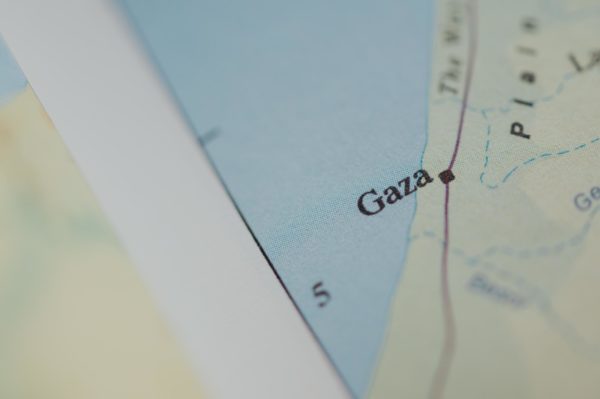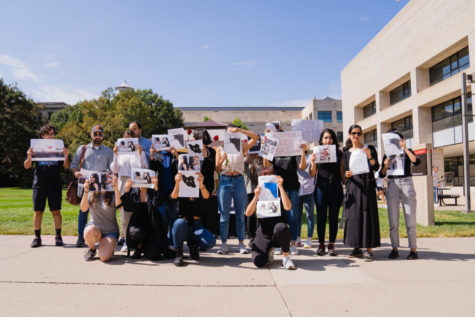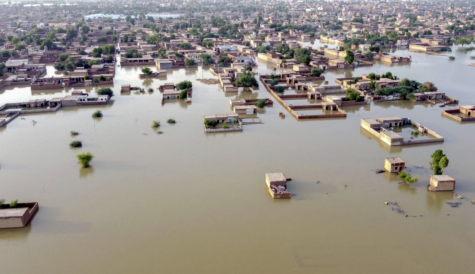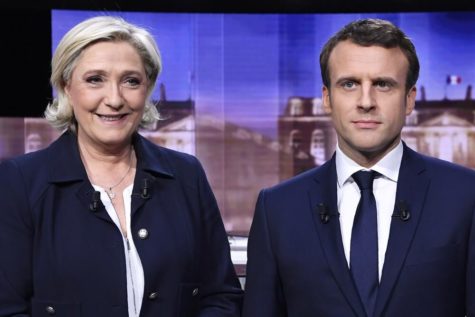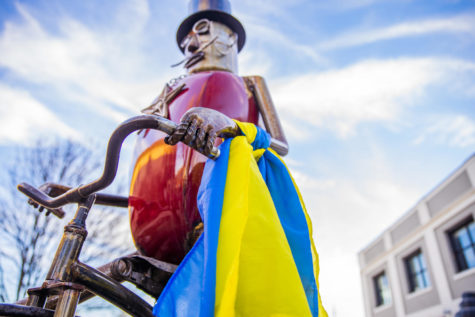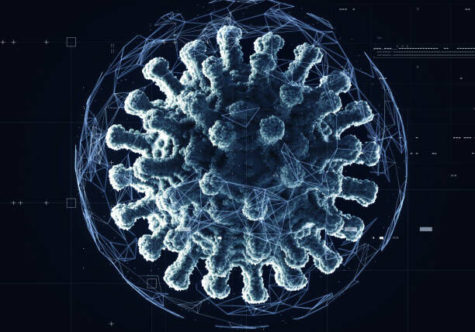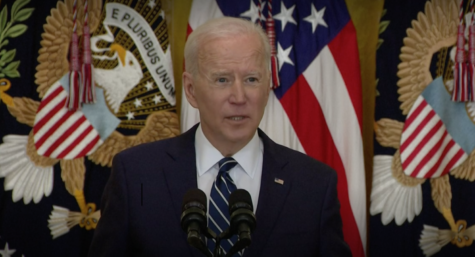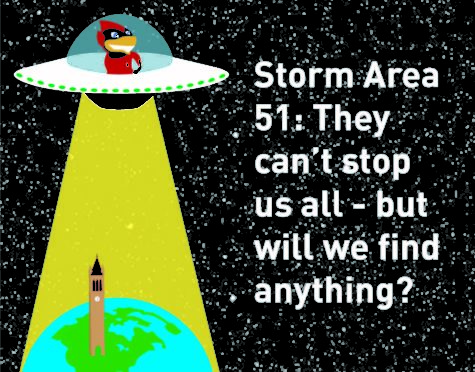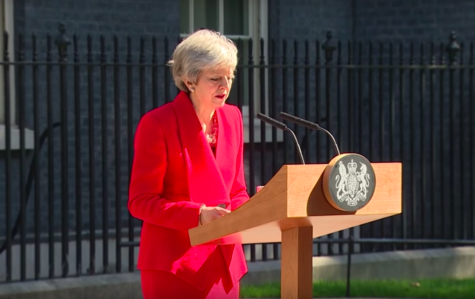‘Detailed proposal’ emerging at Iran nuclear talks
May 23, 2012
BAGHDAD — World powers holding talks with Iran on its nuclear aspirations are proposing “confidence building” measures and “reciprocal” steps to allow the country to prove its program is solely for peaceful use, a Western official told CNN.
One idea to be on the table is an updated version of an earlier offer to swap enriched uranium for nuclear fuel, European Union officials said. There had been a proposal to swap most of Iran’s low-enriched uranium for fuel rods to power a medical research reactor in Tehran.
The Wednesday meeting, in Baghdad, is a follow-up to last month’s talks between Iran and six nations — the United States, France, Russia, China and Britain — the five permanent members of the U.N. Security Council — plus Germany.
Western powers fear that Iran may be trying to build nuclear weapons, despite its insistence that its nuclear program is for peaceful purposes. They have been using sanctions and diplomacy to stop Iran from producing nuclear arms.
“The E3+3 will be putting forward a detailed proposal, which will include confidence-building measures that can begin to pave the way for Iran to demonstrate that its nuclear program is for peaceful purposes and for it to comply with UNSC resolutions,” said the official, who requested anonymity because of the sensitivity of the discussions.
“This approach includes concrete step-by-step, reciprocal measures aimed at near-term action. We are looking to have detailed and serious discussions in Baghdad that strive to make progress towards these concrete steps.”
Asked whether relief to the tough Western sanctions imposed on Iran will be on the table, the official said, “There is no expectation it will happen as a result of this meeting, Iran would need to take significant concrete action first.”
A member of the Iranian delegation who asked not to be named because of the sensitivity of the talks told reporters that “we want to know what’s in the package. That’s not clear now.”
The proposals address the world community’s “concerns about the nature of their nuclear program,” said Michael Mann, a spokesman for European Union foreign policy chief Catherine Ashton.
“Obviously, you have various U.N. Security Council resolutions and reports from the International Atomic Energy Agency (IAEA) that have found suspicions that they may be developing a military program, so our proposals on the table address those concerns,” Mann said. “We hope that they will come back and react positively to those proposals that we’ve made and that we can really talk about the substance and get things moving.”
Mann said 20% uranium enrichment “is one of the issues that’s addressed” in proposals Ashton put on the table.
Uranium enriched at 20% is typically used for hospital isotopes and research reactors, but is also seen as a short-cut toward the 90% enrichment required to build nuclear weapons.
The Baghdad meeting takes place a day after the head of the IAEA said he would soon sign an agreement with Iran, a sign that Tehran may have agreed to broader inspections of its nuclear facilities. The group of six nations is known as the P5 +1, or the E3+3.
The talks come at a critical time for Iran. The country’s economy has been crippled by sanctions imposed by the United Nations, the United States and the European Union. And since 80% of Iran’s foreign revenues are derived from oil exports, an embargo by the EU set to go into effect in July will put further pressure on its economy.
Iran’s top nuclear negotiator Saeed Jalili was welcomed by the Iraqi foreign minister, Hoshyar Zebari, upon his arrival Wednesday at Baghdad International Airport, the Iraqi Foreign Ministry said in a statement.
Tensions over Iran’s nuclear program have unsettled the Middle East, with Tehran threatening this year to close the Strait of Hormuz, a vital oil shipping lane, if sanctions were imposed on its exports of crude oil.
Meanwhile, Israel, which is believed to have its own nuclear arsenal, has said it may attack Iran to prevent it from developing nuclear weapons.
Prime Minister Benjamin Netanyahu, who has repeatedly raised alarms about Iran’s nuclear development, said Monday that the world powers “must show determination, not weakness” in the upcoming talks.
“They do not need to make concessions to Iran,” he said in remarks distributed by his office. “They need to set clear and unequivocal demands before it.”
Israel wants Iran to halt all uranium enrichment, give up all nuclear fuel it has enriched so far and dismantle the Fordo enrichment plant it built into a mountainside.
“Only thus will it be possible to ensure that Iran will not have a nuclear bomb,” Netanyahu said.
On Wednesday, the Israeli defense minister, Ehud Barak, urged other countries to intensify the pressure on Iran.
“Without a tightening of the sanctions, Iran will not stop nuclear program development,” he said.
Leaders of the so-called Group of Eight — the United States, Canada, the United Kingdom, Germany, France, Italy, Japan and Russia — called Saturday on Iran to comply with the requirements of the IAEA and open its doors to nuclear inspectors.
In a declaration, the G8 leaders said they welcomed the resumption of talks.
They urged Iran to engage “in detailed discussion about near-term, concrete steps that can, through a step-by-step approach based on reciprocity, lead towards a comprehensive negotiated solution which restores international confidence that Iran’s nuclear program is exclusively peaceful,” according to the declaration.
The IAEA has been demanding access to sites where Iran could be doing weapons-related testing. The agency’s director-general, Yukiya Amano, met with Iranian negotiator Jalili in Tehran on Monday
“During the meeting, we discussed a wide spectrum of different issues, including nuclear disarmament, peaceful use of nuclear energy and strengthening (the position of) the agency.” Amano said Tuesday in Vienna after returning from the visit to Iran.
“During my stay in Tehran, there was an important development on the structured approach document on which we were working since January,” he said, adding that a “decision was made by me and Mr. Jalili to reach the agreement on the structured approach.”
Amano told reporters he raised the issue of access to Parchin, the military complex believed to have been the site of high-explosive tests related to nuclear weapons research.
“This issue will be addressed as part of the implementation of the structured approach document,” he said.
Amano said differences remained, but Jalili said they would not pose obstacles to signing the agreement.
The “decision was made to conclude and sign the agreement,” Amano said.
Iran’s state-run Islamic Republic News Agency said that in meetings, both sides “discussed present problems more candidly, providing each other with proposals to remove ambiguities and expand cooperation.”
Foreign Minister Ali Akbar Salehi “welcomed the new IAEA approach toward Iran’s nuclear issue based on mutual understanding and bilateral respect,” IRNA reported Tuesday.
— CNN’s Mohammed Jamjoom in Baghdad, Matthew Chance in London and Reza Sayah in Islamabad contributed to this report.






